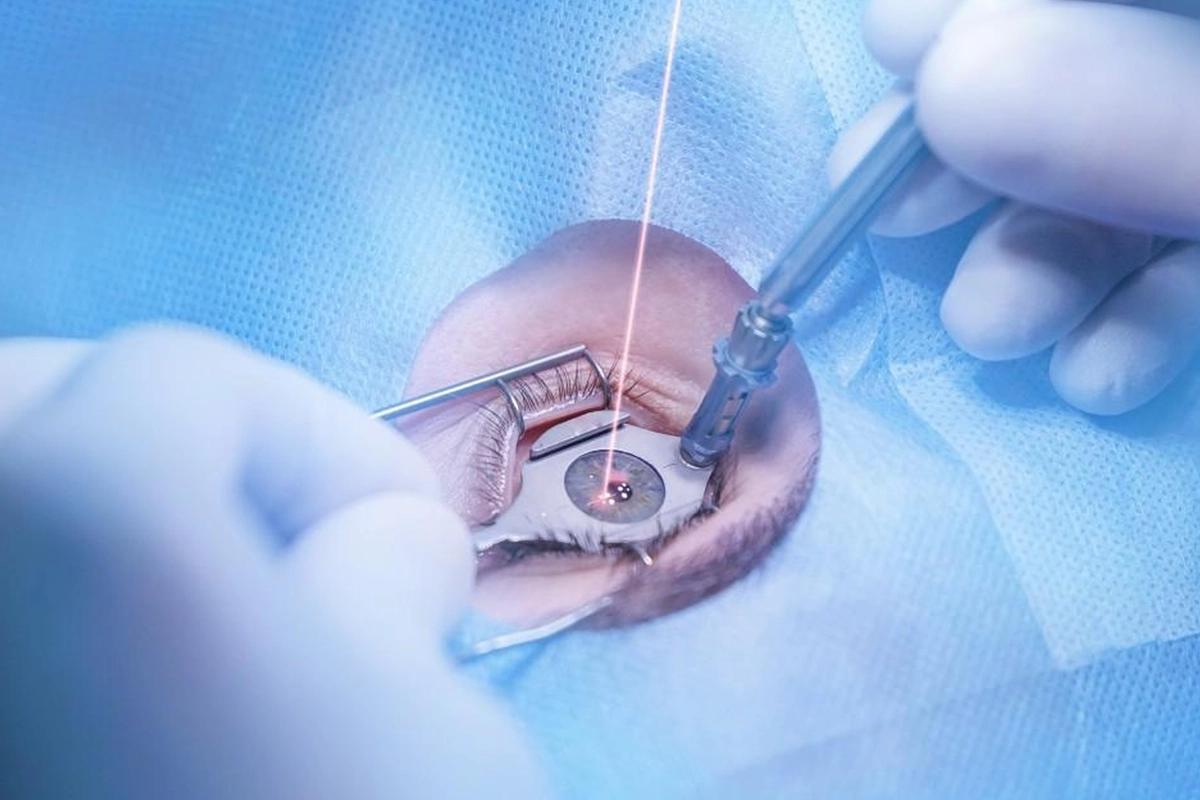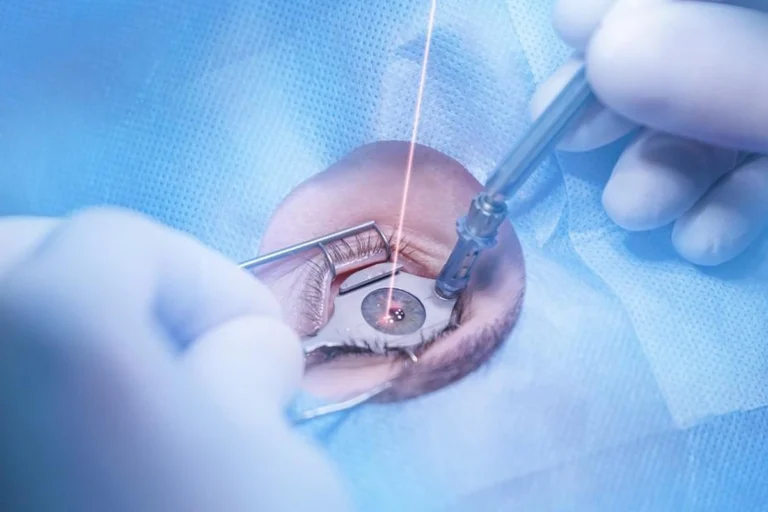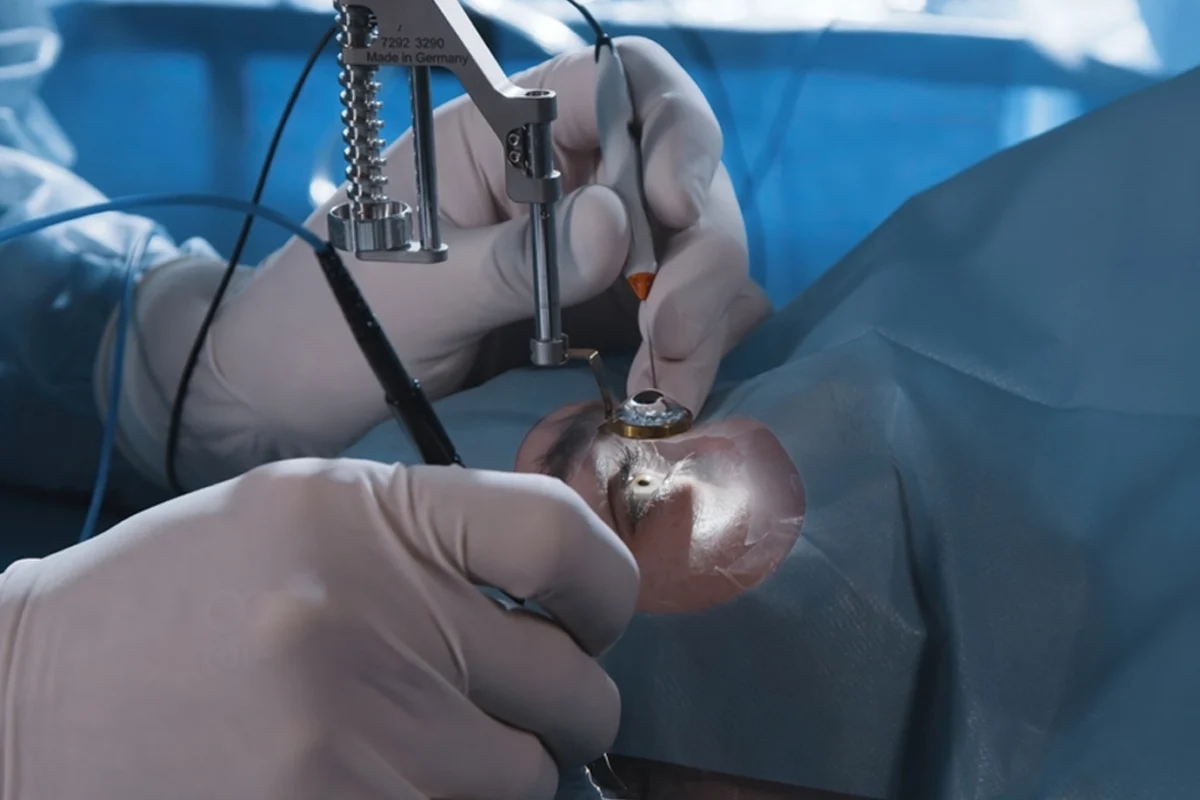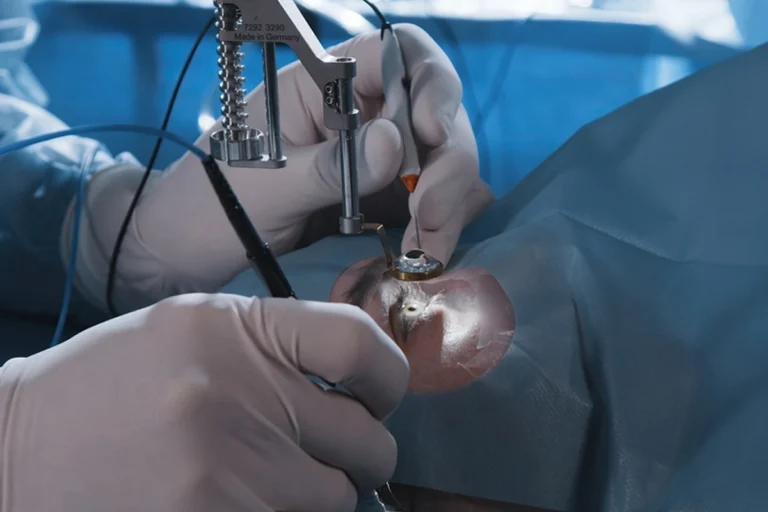Eye Glass Removal Surgery: Costs, Risks, and Benefits Explained

Eye glass removal surgery, a well-liked vision correction surgery, has enhanced the lives of millions of people by liberating them from glasses and contacts. LASIK surgery is the most well-known procedure, but there are several types of eye glass removal surgery. This blog explains what you need to know about eye glass removal surgery—types, cost, benefits and risks—to help you better understand the surgery if this is a life-changing option for you
Understanding Eye Glass Removal Surgery
Eye glass removal surgery means medical procedures to reduce or eliminate your need for prescription eye wear, by reshaping the cornea to correct refractive errors (myopia, hyperopia, and astigmatism). The most popular type is LASIK surgery (Laser-Assisted In Situ Keratomileusis) but there are several relevant types of surgery including:
- LASIK Surgery: A procedure involving the creation of a thin corneal flap and a laser reshapes the underlying tissue in the cornea to improve vision.
- SMILE Eye Surgery: A minimally invasive refractive eye surgery that removes a small lenticule from within the cornea and has benefits (less flap-related complication).
- PRK (Photorefractive Keratectomy): An alternative to Lasik surgery, the surface of the cornea is reshaped at the ridge of the cornea, and does not involve creating a flap. This is typically for patients whose corneas are too thin for Lasik surgery.
LASIK vs PRK: Which Is Right for You?
Both LASIK and PRK have demonstrated effectiveness in the performance of refractive eye surgery for vision correction, however they differ in terms of procedure and recovery:
- LASIK typically allows a quicker visual recovery with most patients seeing improved sight in less than 24 hours.
- PRK has a longer recovery time in conjunction with LASIK surgery (typically, several days to weeks) because the outer surface layer must heal naturally.
Your Ocular surgeon will advise you on the best decision based on your corneal thickness, lifestyle, and ocular health.
Eye Laser Surgery Cost: What to Expect
One of the key questions patients ask is “how much does LASIK cost in Pune?” The cost can vary depending on the clinic’s location, the surgeon’s expertise, and the type of laser technology used. On average, the cost for LASIK eye surgery in Pune ranges between ₹40,000 – ₹1,20,000 for both eyes. Generally, the surgeon’s fees include the pre-operative evaluation, the surgery itself, and the necessary post-operative care.
The cost of SMILE eye surgery and PRK, may differ a bit overall. Certain clinics may bill slightly more if advanced technologies or customized treatment plans are required. Therefore, it is very important to consider the immediate costs weighed against things like potential benefit, and savings on glasses or contacts over the long run.
Benefits of Eye Glass Removal Surgery
The benefits of having the eye glass removal procedure are considerable:
- Freedom from glasses and contact lenses: Most patients see huge gains in their vision and will be wearing their corrective lenses much less on a day-to-day basis.
- Better quality of life: There are everyday activities that will become easier and more enjoyable, such as swimming, sports, and driving.
- Long-term savings: Patients may need to pay a rather steep price to have it done, but they will generally save a lot of money on contact lenses needed for the rest of their lives.
- Quick procedure and recovery: LASIK surgery usually takes around 15 minutes per eye and patients have minimal discomfort during the procedure.
Best Age for LASIK Eye Surgery
Knowing the right age for LASIK eye surgery is essential to realizing the best possible results. Frequently, a potential patient should be at least 18 years old to ensure eye prescription stability. However, the optimal age range for LASIK is typically from age 20 and as old as 40; an age that gives you time to stabilize your vision while also being before you start to retire from the world of good vision.
Patients over the age of 40 can still be LASIK candidates, but they will likely be options to consider LASIK Monovision or may consider having an alternate procedure to bring better accommodation to their presbyopic vision (challenging to see things close in age).
Recovery Time After LASIK Surgery
The recovery period after LASIK surgery is comparatively short, especially when you consider the recovery time for other types of surgeries. Most patients achieve some improvement in vision within 24 hours after surgery with complete stabilization occurring in just a few weeks. Here are the guidelines to follow during your recovery from LASIK surgery:
- Do not rub your eyes.
- Use the prescribed eye drops regularly to avoid dryness or infection.
- Use with caution when exposing your eyes to bright lights and water.
It is very important to keep follow-up appointments in order to monitor your healing and to check for any complications.
Risks of Eye Glass Removal Surgery
Eye glass removal surgery is generally believed to be safe in comparison to other types of surgery, but like every surgery, LASIK has risks. Being aware of the risks associated with eye glass removal surgery can assist you in making an informed decision:
- Dry eyes: Temporary dryness may occur following the surgery, generally curing itself within months.
- Visual disturbances: Disturbances, including glare, halos, or double vision, are likely to occur, particularly in low-light situations.
- Under correction or overcorrection: In some cases, vision may still not be totally corrected. Additional enhancement procedures may be required.
- Flap complications: Flap-related complications may occur, but they are uncommon.
- Infection: Infection is rare, but it is still a risk and requires immediate doctor intervention.
Take a moment to talk with your surgeon regarding these risks before proceeding with your surgery.
Alternatives to LASIK Surgery
Not everyone qualifies for LASIK eye surgery. If you do not qualify for LASIK for any reason, there are alternatives to LASIK surgery. An alternative to LASIK is:
- SMILE eye surgery- a less invasive way to replace LASIK surgery, with less chance for flap related complications.
- PRK – a preferred choice if you have a thin cornea or have irregularities on the surface of the eye.
- Phakic intraocular lenses (IOLs)- a lens that is implanted in your eye for patients with significant refractive errors.
- Orthokeratology- a non-surgical procedure involving the individual wearing gas-permeable contact lenses overnight to reshape the cornea temporarily.
These alternatives are options that have flexibility based on the health of your eyes as well as your lifestyle.
Choosing the Right Provider
Once a patient decides to have corrective eye surgery done to remove their glasses, it is important to find a well-qualified eye surgeon for eye surgery. Factors to consider when selecting your eye surgeon:
- Experience with LASIK and other refractive surgeries.
- Whether the surgeon is using progressive technology and personalized treatment plans.
- Honest discussion about the cost of the laser eye surgery, risks, and likely outcomes.
- Patient reviews and success rates.
Is Eye Glass Removal Surgery Worth It?
Selecting to have eye glasses removal surgery is an individual decision. For many, the positive outcomes surpass risks and provide better sight and freedom from lenses. However, considering all factors like your current eye health, lifestyle, optimal age to have LASIK eye surgery, and expectations will all contribute to guaranteed satisfaction with your results.
If you are contemplating the procedure, contact an experienced eye expert to walk you through the steps, costs and other post-surgery care to help achieve an ideal result.








